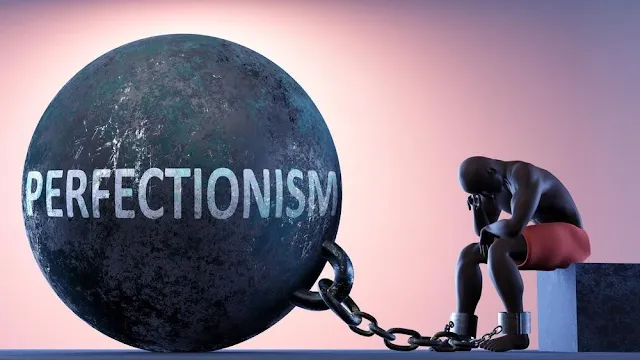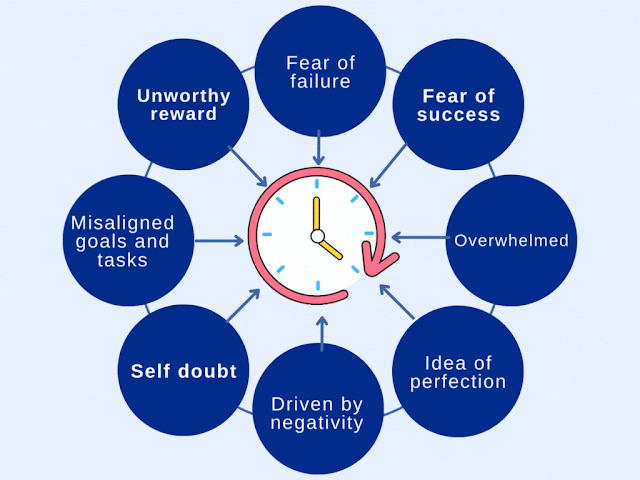The Daily Habits of People Who Will Never Truly Be Happy according to psychology
introduction ;
Happiness is something most people strive to achieve, yet many find it elusive. Psychological studies show that certain daily habits and mindsets can act as barriers to genuine happiness. These habits, often unconscious, create mental and emotional environments that prevent individuals from experiencing lasting satisfaction. By examining these common behaviors, we can better understand what holds people back and explore ways to adopt healthier practices.
1. Constant Comparison to Others
Comparing oneself to others is a quick route to dissatisfaction. Social comparison theory explains that when people constantly measure their success, appearance, or worth against others, it breeds feelings of inadequacy and jealousy. In today’s social media-driven world, these comparisons are even more pronounced. Studies show that frequently engaging in social comparison is linked to higher levels of anxiety, low self-esteem, and reduced life satisfaction. Those who continually focus on what others have are often unable to appreciate what they possess, and this dissatisfaction can make true happiness nearly impossible to attain.
Alternative Practice: Practice gratitude and self-reflection. Reflecting on personal progress rather than comparing oneself to others can help cultivate a more stable sense of contentment.
2. Dwelling on Negativity
People who are habitually unhappy often focus disproportionately on negative experiences, memories, or potential future problems. This is known as “negativity bias,” a tendency to give more mental weight to negative information than positive. Dwelling on mistakes or imagining worst-case scenarios reinforces a mindset that primes people to expect disappointment and failure.
Psychology shows that this fixation on the negative can lead to mental health issues such as depression and anxiety. This habit also prevents individuals from savoring positive moments and appreciating the good in life.
Alternative Practice: Acknowledge negative feelings but practice reframing techniques. Cognitive-behavioral therapy (CBT) offers strategies to challenge and change negative thought patterns, encouraging a more balanced perspective on life’s challenges.
3. Perfectionism
The pursuit of perfection can be another happiness killer. While striving for improvement is healthy, perfectionism goes beyond reasonable self-improvement and becomes a source of constant stress. Psychologists note that perfectionists set unattainably high standards for themselves and often judge their worth based on these standards. This can lead to chronic dissatisfaction, burnout, and a fear of failure, all of which impede true happiness.
Perfectionism is also linked to procrastination, as individuals might avoid tasks they fear they won’t execute perfectly. This creates a cycle of stress and self-blame that detracts from enjoying accomplishments.
Alternative Practice: Aim for excellence instead of perfection. Setting realistic goals and celebrating small achievements can help reduce the pressure of perfectionism.
4. Lack of Self-Care
Ignoring basic self-care needs is a significant habit among those who struggle with happiness. Self-care includes activities that nourish physical, mental, and emotional well-being, such as regular exercise, healthy eating, restful sleep, and social connection. When people fail to prioritize these activities, it can lead to fatigue, irritability, and a weakened ability to cope with stress.
Research shows that regular physical exercise, for instance, is linked to improved mood and reduced symptoms of depression. Additionally, a balanced diet and adequate sleep are essential for stable mental health.
Alternative Practice: Make self-care a priority. Implementing small but consistent self-care routines can improve mood, boost energy, and provide a stronger foundation for happiness.
5. Overvaluing Material Wealth
The belief that happiness is tied to wealth is deeply ingrained in many cultures, yet psychology has shown that material wealth does not guarantee happiness. Studies reveal that after basic needs are met, additional wealth has minimal impact on overall happiness. People who over-prioritize financial gain often sacrifice time, relationships, and health, only to find that monetary success doesn’t fulfill them as they expected.
Materialism is associated with lower levels of well-being and life satisfaction. Those who focus heavily on wealth or possessions may end up trapped in a cycle of wanting more, which fosters feelings of emptiness and disappointment.
Alternative Practice: Focus on experiences and relationships over material goods. Studies indicate that people who invest in experiences and relationships report greater long-term happiness than those who focus primarily on material gains.
6. Avoiding Emotional Vulnerability
Another common habit of perpetually unhappy people is avoiding emotional vulnerability. Many individuals fear that expressing or confronting their emotions—especially challenging ones like sadness, anger, or fear—will make them appear weak. However, psychological studies indicate that suppressing emotions can lead to heightened stress, decreased life satisfaction, and poor mental health outcomes.
Emotionally healthy people acknowledge and process their feelings, which helps them build resilience and maintain emotional well-being. By avoiding vulnerability, individuals prevent themselves from forming deep, meaningful connections with others, which are essential for happiness.
Alternative Practice: Practice emotional openness and authenticity. Cultivating emotional awareness and expressing feelings in healthy ways can lead to more fulfilling relationships and increased happiness.
7. Holding Grudges and Resentments
Harboring grudges and resentments toward others can keep people stuck in cycles of anger and bitterness. Holding onto past grievances prevents emotional closure and creates a focus on past injustices instead of present happiness. Studies show that forgiveness is linked to increased mental well-being and emotional peace. Letting go of resentment allows individuals to move forward without carrying emotional baggage.
Alternative Practice: Embrace forgiveness, even if it’s challenging. Learning to forgive, not for the sake of others but for personal peace, can alleviate the mental weight of resentment and open up paths to joy.
8. Relying on External Validation
Those who depend heavily on external validation are often chasing a form of happiness that is temporary and shallow. People who rely on others’ opinions to feel good about themselves lack the inner confidence needed for sustained happiness. Research suggests that seeking constant validation can lead to anxiety, as self-worth becomes tied to others’ opinions and reactions.
Alternative Practice: Cultivate self-worth from within. By setting personal values and goals, people can build a more stable sense of self-esteem that doesn’t rely on external approval.
9. Lack of Gratitude
Gratitude is one of the strongest predictors of well-being, and those who neglect it often find themselves discontented. Gratitude shifts focus from what is lacking to what is present and meaningful. Studies in positive psychology indicate that regularly practicing gratitude enhances positive emotions, improves relationships, and increases resilience.
Alternative Practice: Incorporate a daily gratitude practice. Writing down three things you’re grateful for each day can gradually shift your mindset toward a more positive outlook.
10. Procrastination and Avoidance of Responsibilities
Finally, procrastination and avoidance are habits that lead to regret and stress. Constantly putting off responsibilities creates a mental backlog that can lead to anxiety and a sense of helplessness. Avoidance not only affects personal productivity but also diminishes self-confidence, which is essential for happiness.
Alternative Practice: Adopt a proactive approach to tasks. Breaking tasks into small, manageable steps can make them more approachable and reduce the urge to procrastinate.
Conclusion
The journey to happiness is complex, and while habits don’t define happiness entirely, they certainly shape one’s mental and emotional landscape. By identifying and addressing these detrimental behaviors—such as constant comparison, negativity, and avoidance—individuals can work toward a healthier, more balanced mindset. Shifting these patterns requires effort and self-awareness, but the reward is a more authentic, lasting happiness that isn’t dependent on external factors. Happiness is, ultimately, a product of our daily choices and attitudes, and with mindful adjustments, anyone can create a foundation for a more fulfilling life.






.jpg)
.jpg)


.jpg)

